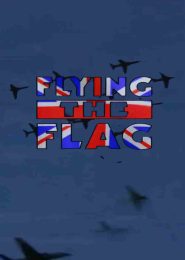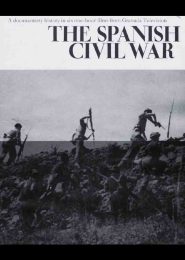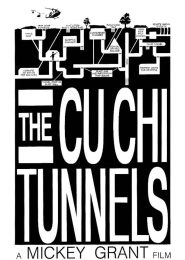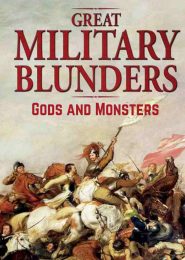Fallujah: The Hidden Massacre (2005)
In the aftermath of the 2003 Iraq War, the city of Fallujah became a crucible of suffering—a place where the horrors of conflict etched themselves into the collective memory. Fallujah: The Hidden Massacre, a 2005 documentary by Sigfrido Ranucci and Maurizio Torrealta, peels back the layers of secrecy, revealing a chilling narrative of violence, chemical weapons, and human tragedy.
The Context: In November 2004, the Fallujah Offensive unfolded—a military operation aimed at reclaiming the city from insurgents. Amidst the chaos, civilians bore the brunt of the assault. The documentary’s mission was clear: to expose the truth behind the fog of war.
The Allegations: Fallujah: The Hidden Massacre alleges that the United States military deployed chemical weapons during the offensive. Specifically, it focuses on the use of incendiary bombs containing white phosphorus. These bombs, originally designed for smoke screens and illumination, have a darker side—they burn fiercely, causing severe second and third-degree burns upon contact with skin or eyes. The film asserts that both insurgents and innocent civilians, including children, suffered from chemical burns inflicted by these weapons.
White Phosphorus: A Double-Edged Sword: White phosphorus (WP) is a chemical agent that reacts spontaneously with air, creating an instant bank of smoke. It serves various purposes, from obscuring movement to incendiary attacks. While its use for illumination and smoke screens is legal, the film contends that deploying it against civilians constitutes a grave violation of human rights.
War Crimes Allegations: The heart of Fallujah: The Hidden Massacre lies in its assertion of war crimes committed by the United States. The film documents the use of white phosphorus and other substances similar to napalm, such as the Mark 77 bomb. Interviews with American ex-military personnel who participated in the Fallujah offensive corroborate the use of these weapons. Meanwhile, reporters stationed in Iraq discuss the American government’s covert attempts to suppress this news.
Legacy and Conscience: The documentary isn’t just about Fallujah; it’s about our collective conscience. It forces us to confront the ethical boundaries of warfare. As the credits roll, we’re left with questions: How do we weigh military objectives against human suffering? Can we prevent history from repeating itself? Fallujah: The Hidden Massacre becomes a stark reminder—a plea for empathy, transparency, and accountability.
In this celluloid testimony, the hidden scars of war emerge—a haunting requiem for those caught in the crossfire.




